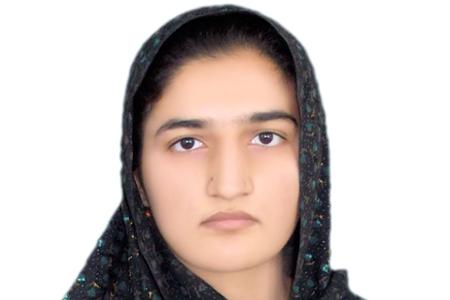
Open quantum systems beyond the weak-coupling regime
Abstract:
Isolated quantum systems are an idealization - realistic quantum systems interact with their external environment. Due to these unavoidable interactions, such systems are generally subjected to decoherence and dissipation, which means that the quantum properties of the system are lost. Since upcoming powerful quantum technologies rely on the preservation of the quantum properties of systems, studying the dynamics of such open quantum systems has acquired immense importance. Unfortunately, this is generally a hard task, and various approximations have to be made to make the problem tractable. Usually, the most critical of these is that the system-environment coupling is weak. However, this may not be true in many different physical systems of interest. The central aim of the thesis is to look at open quantum systems beyond the usual weak coupling paradigm.
We first examine the role of the initial system-environment correlations by looking at an exactly solvable model involving a central two-level system coupled to a spin environment. We show that if the system-environment coupling is strong, then the initial system environment state cannot be considered to be a simple product state of the initial system state and the environment state. Rather, the correlations between the system and the environment that exist before the system state preparation procedure need to be taken into account. These correlations affect the environment state when the system state is prepared, and thus the subsequent dynamics of the system is also affected.
We then look at what happens to an open quantum system in the presence of repeated projective measurements. In particular, we look start by looking at non-selective projective measurements, that is, projective measurements where we do not care about the measurement result. We derive a general formalism that allows us to find the effective decay rate of a quantum state when it is subjected to periodic projective measurements for an arbitrary system-environment model. Importantly, we show that the decay rate with non-selective measurements is in general only different from the usual selective projective measurements scenario when we go beyond the weak system-environment coupling regime. Our formalism is applied to three exactly solvable models: a single two-level system undergoing dephasing, a single two-level system interacting with an environment of two-level systems and a large spin undergoing dephasing in order to illustrate our results.
We next analyze the effect of repeated measurements on open quantum systems which are subjected to coherent driving fields. We assume that the system-environment coupling strength is weak; however, no such restriction is placed on the driving fields. We work out general expressions for the effective decay rate of a quantum system. We demonstrate that the driving fields change the decay rate for two-level system, both qualitatively and quantitatively. We also extend our results to systems consisting of more than one two-level system, as well as a two-level system strongly coupled to an environment of harmonic oscillators, to further illustrate the non-trivial effect of the driving fields on the quantum Zeno and anti-Zeno effects.
Finally, we also consider the effect of repeated measurements on a quantum system interacting with a composite environment. Here, the composite environment is made up of a single harmonic oscillator which is in turn weakly coupled to a collection of harmonic oscillators. We find interesting effects of varying the coupling strengths between the parts of the composite environment on effective decay rate of central system.
List of Publications
M. Majeed and A. Z. Chaudhry, The quantum Zeno and anti-Zeno effects with non-selective projective measurements, Sci. Rep. 8, 14887 (2018).
M. Majeed and A. Z. Chaudhry, Effect of initial system-environment correlations with spin environments, Eur. J. Phys. D 73, 16 (2019).
M. Majeed and A. Z. Chaudhry, The quantum Zeno and anti-Zeno effects with driving fields in the weak and strong coupling regimes, Sci. Rep. 11, 1836 (2021).
M. Majeed and A. Z. Chaudhry, The quantum Zeno and anti-Zeno effects with composite environments, in preparation.

